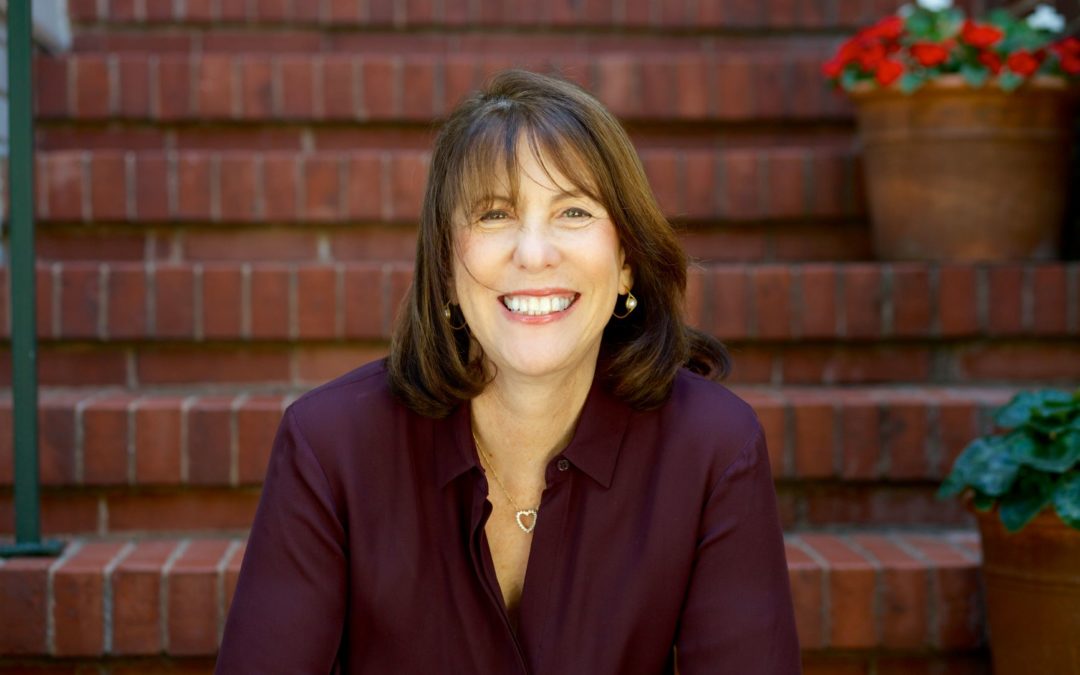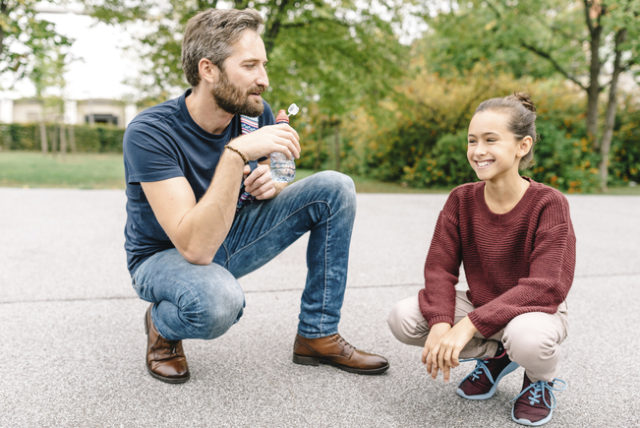We all want our children to grow into resilient and self-sufficient adults, but it isn’t always clear how to foster those skills in our competitive world. Children today face an increasing amount of pressure from parents, society and the media to succeed. However, raising resilient children means letting them fail and allowing them to learn from their mistakes. Growing evidence shows that helicopter parenting actually hinders growth and resilience.
Dr. Madeline Levine counsels parents to trust their child’s ability to recover from small setbacks and show confidence in their ability to manage challenging situations. Her latest book, Ready or Not: Preparing Kids to Thrive in an Uncertain and Rapidly Changing World, looks at the skills that children need to become happy, confident and capable adults in today’s society.
Dr. Levine says, “Failure is mandatory to get better at anything” and getting better isn’t something that happens fast. She explains, “I know it is hard to see your kid get cut from the JV squad, but (instead of interfering) you should tell them—I think you can handle it, honey”. This is how we all learn to be resilient. If a child is coddled during small setbacks, they can’t deal with failure as an adult.
In Ready or Not, Dr. Levine also looks at the qualities that define success and how those qualities have changed. “We can’t look at the old paradigm to define success,” she says. Dr. Levine spoke with CEOs who shared that the most important skills are now collaboration and creativity. The head of JP Morgan, the head of AI at Google, and the former Vice-Chair of the Joint Chiefs of Staff (to name a few) all said that the skills that matter in uncertain and rapidly changing times are different than just traditional academic skills. Instead, they are looking for diversity of thinking, creativity, collaboration, and the ability to take risks.
Even the college you attend isn’t as critical as it once was. It’s more important for students to think about where they can be successful and what they value. Parents and schools put a great deal of pressure on kids, and they in turn think grades are extremely important. The parenting paradigm that embraced metrics as all important has passed its expiration date. Grades are not the only indicator of success, and Dr. Levine thinks there is too much catastrophic thinking about failure. Today, 1 in 3 children has an anxiety disorder (1 in 3 adults, too). That’s why we need to help kids learn to be resilient instead of focusing on competition.
We still live in a “culture of accomplishment”, but we need cultural change to support healthy and resilient children. Dr. Levine raised three sons and while there has been more and more research about kids getting more and better sleep, she still hears parents say “they can sleep after they get into college”. In today’s world, being busy is considered a badge of honor. We all need to slow down to have time to think about what we are learning, connect with family, and give consideration to our lives.
These four steps will help parents foster resilient children:
- Embrace failure as an opportunity for growth
- Show confidence in a child’s ability to face adversity
- Encourage collaboration and creativity
- Slow down, reflect, and get more sleep
Dr. Madeline Levine is an expert in adolescent psychology and the author of several New York Times bestselling books. Dr. Levine began her career as a psychologist at JFCS, and she is now serving as an expert advisor for the Center for Children and Youth (the new home of Parents Place).
Seeking other resources to help your child thrive? Attend a workshop, schedule a parent education meeting, or schedule an assessment with one of the Child and Adolescent Specialists at Parents Place—a program of the Center for Children and Youth.


